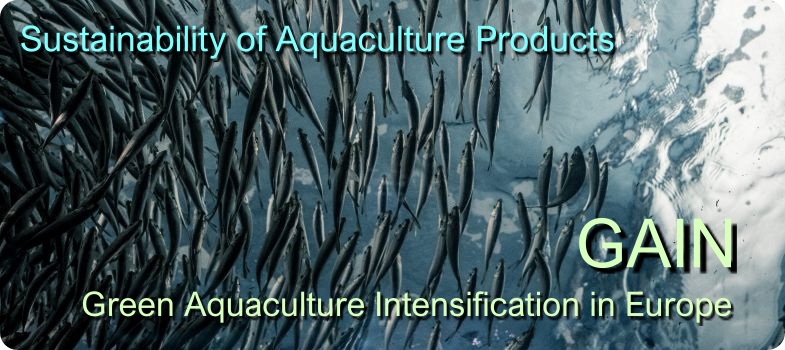Environmental impacts
The following video from National Geographic introduces the problem of global warming.
Although sustainability encompasses many aspects, the environment has received the most attention in the developed world and is usually at the forefront of people’s minds. Consequently, there are many environmental aspects that are important to consumers when making purchase decisions. Climate change is at the forefront of many people’s concerns and is a priority area for government policy. Greenhouse gases include carbon dioxide, the most well-known, commonly emitted from the burning of fossil fuels, directly from vehicles and industry or indirectly through the production of electricity. However, there are other less well-known but very potent greenhouse gases such as methane, emitted from the decomposition of organic matter and from ruminant livestock and nitrous oxide, commonly emitted from agricultural soils and the breakdown of nitrogenous materials. Globally, agricultural production is one of the most important sources of greenhouse gases through direct and indirect releases. These emissions will be discussed in more detail in section 2.
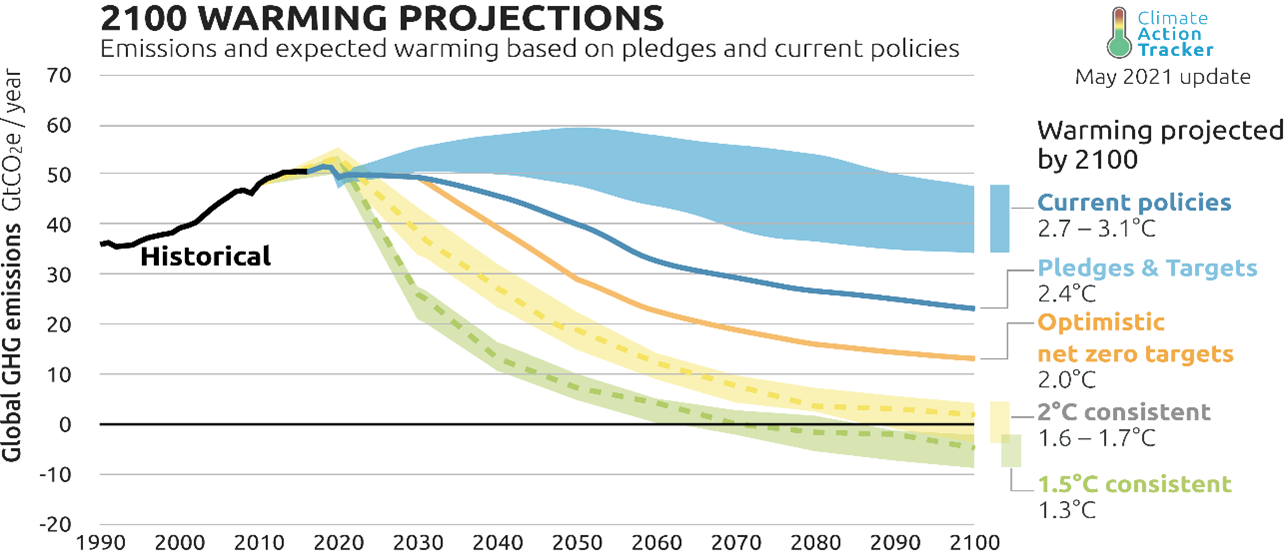
Figure 6: Warming projections to 2100 (Source: Copyright © 2009-2021 by Climate Analytics and NewClimate Institute)
Another urgent area of concern is habitat destruction. As human activities expand into the natural world, through agriculture, urbanisation, and industrialisation, we increasingly encroach on the habitats that support valuable ecosystems, threatening animals
and plants with extinction.
Compounded with the effects of climate change, many terrestrial and marine ecosystems are unable to adapt to the speed of change.
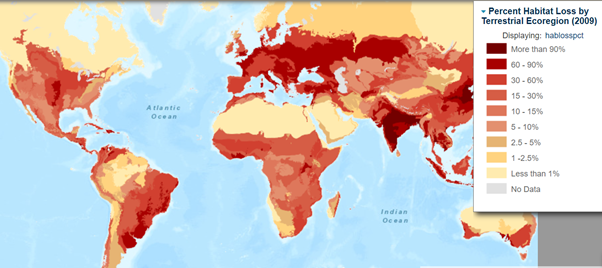
Figure 7: Percent habitat loss by terrestrial ecoregion (2009) (Source: The Nature Conservancy via Conservation Biology Institute Data Basin)
When we consider aquaculture, the link with the ocean is not always apparent. Aquaculture has been cited as a way to provide seafood that can both reduce or increase the pressures on ocean health.
Often our impacts on the ocean are unseen and unregulated, crossing international boundaries. The interactions are complex, including the impacts of overfishing, pollution, and climate change. How the resources within the ocean are utilised is highly political meaning regulation is complex and difficult to enforce.
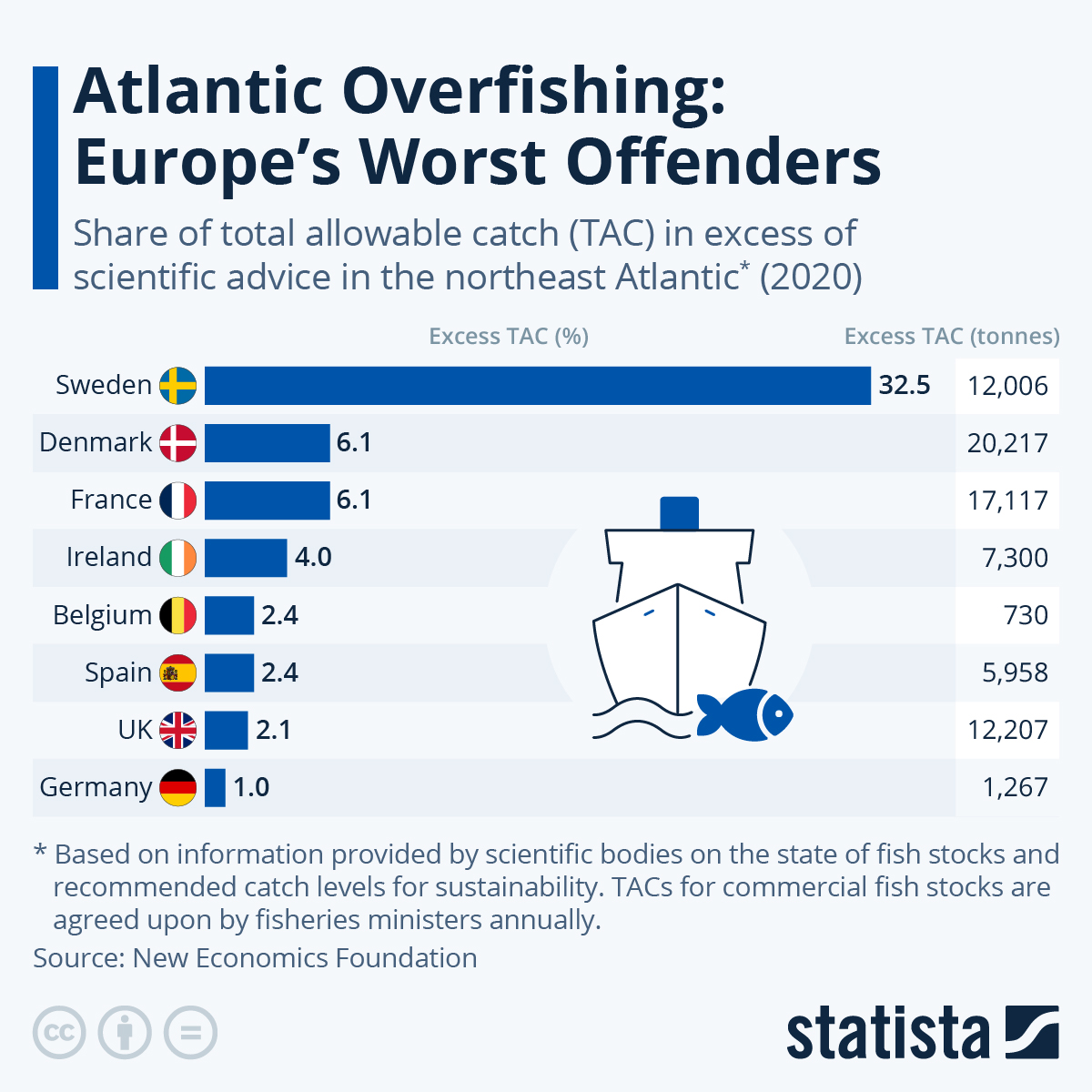 Figure 8: Overfishing in the Atlantic (From Statista)
Figure 8: Overfishing in the Atlantic (From Statista)
Abstraction of water for agriculture is a key concern. It can take thousands of years for the groundwater aquifers to recharge and in many areas abstraction far exceeds the rate at which they are being replenished. Such rates of abstraction inevitably lead to droughts but also water quality issues such as salination and elevated nitrate levels that can have an impact on human and ecosystem health.
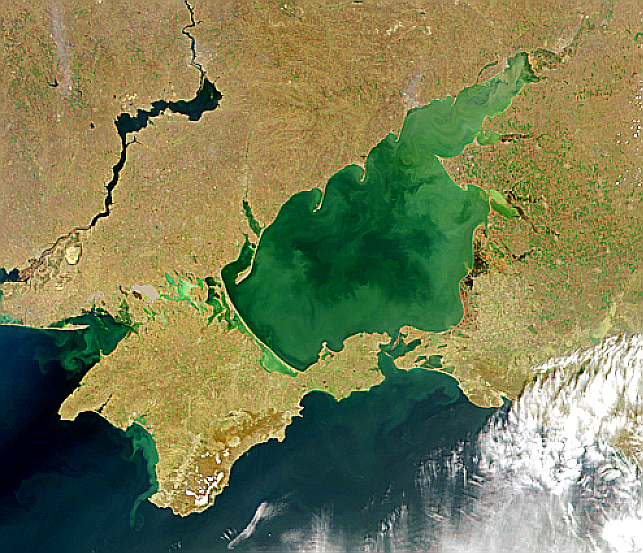
Figure 10: Satellite image of Crimea showing eutrophic Sea of Azov ( Source: SeaWiFS Project, NASA/Goddard Space Flight Center, and ORBIMAGE - NASA Visible Earth)
There are many other local and supply chain-related environmental impacts associated with aquaculture. Specific aquaculture-related impacts will be covered in more detail in Section 2.
